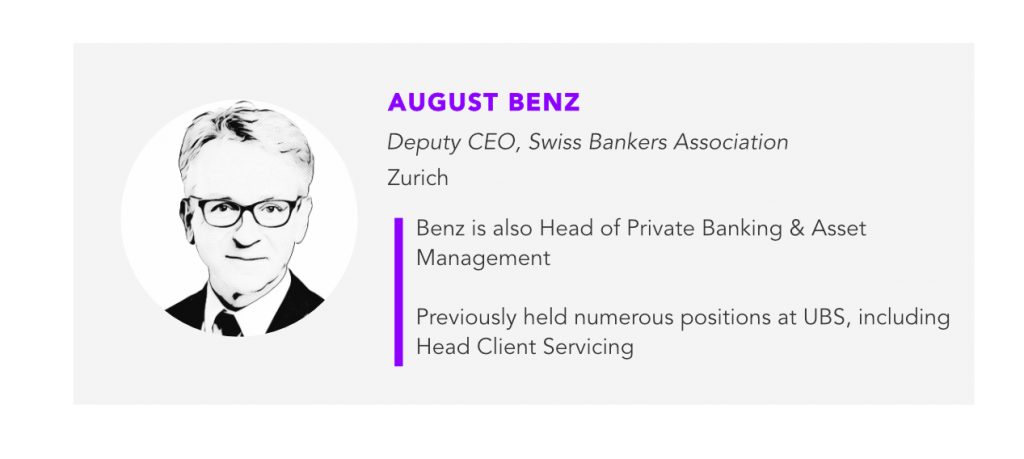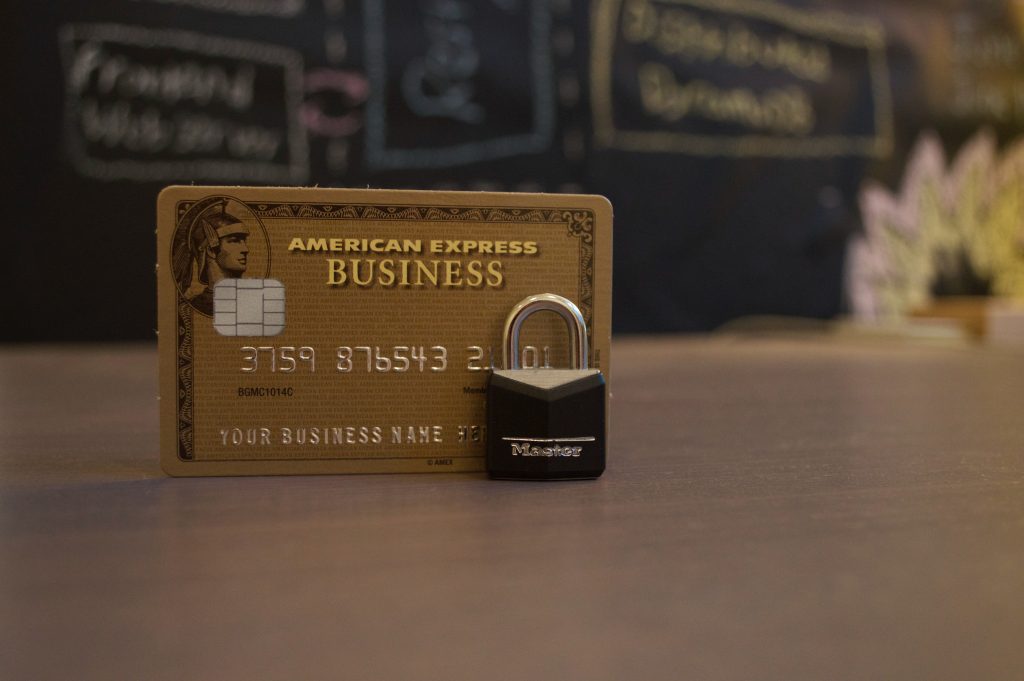Swiss Bankers Association wants to help blockchain firms do business
The Swiss Bankers Association (SBA) is seeking ways to bridge the traditional financial sector to new blockchain-related industries, including ways to open bank accounts, says said SBA deputy CEO August Benz.
The Swiss Bankers Association (SBA) is seeking ways to bridge the traditional financial sector with new blockchain-related industries, including how to facilitate opening bank accounts, said SBA deputy CEO August Benz.

“It was very difficult for distributed ledger technology firms, for blockchain firms who were working in that space to get a corporate account, really just to pay salaries and just do the normal things that you would otherwise do,” Benz said.
The SBA is an industry group that represents Swiss banks and works with the Swiss Financial Market Supervisory Authority. In 2018, the SBA released guidelines on how blockchain companies could open corporate bank accounts, with the intent to support member banks in their dealings with Know Your Customer (KYC) and anti-money laundering (AML) requirements. In August 2019, FINMA also announced new guidelines regarding anti-money laundering rules in the blockchain industry.
While more than 800 companies use blockchain and cryptocurrency in Switzerland, according to a report by Crypto Valley Venture Capital, some firms still encounter difficulty setting up bank accounts in the country.

See related article: Creating a Decentralized Silicon Valley in Switzerland
“It’s a daily nightmare,” said Swiss blockchain entrepreneur Herbert Sterchi in a recent interview with swissinfo.ch. “It’s still very hard to get a bank account if you’re in crypto. This is still a major issue for companies,” he said, adding that startups can use cryptocurrency in Switzerland, but often need to go to Portugal or Estonia to open a bank account for their business.
Nonetheless, Benz said in the SBA’s view, its guidelines have improved the conditions. “If you follow these rules, there’s a pretty good chance these days in Switzerland that as a blockchain firm you can operate from within the traditional financial services world.”
Other challenges include how cryptocurrency-based assets can fit into Switzerland’s tax scheme. “How should this [asset] be treated on the balance sheet side? Where do we book tokens? And depending on where you book it, it can be taxed differently,” said Benz.
Watch the full interview here: How Swiss banks seek to link traditional finance to blockchain